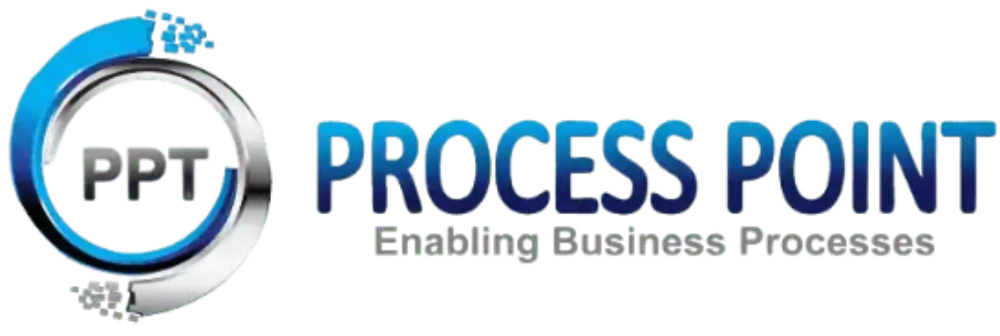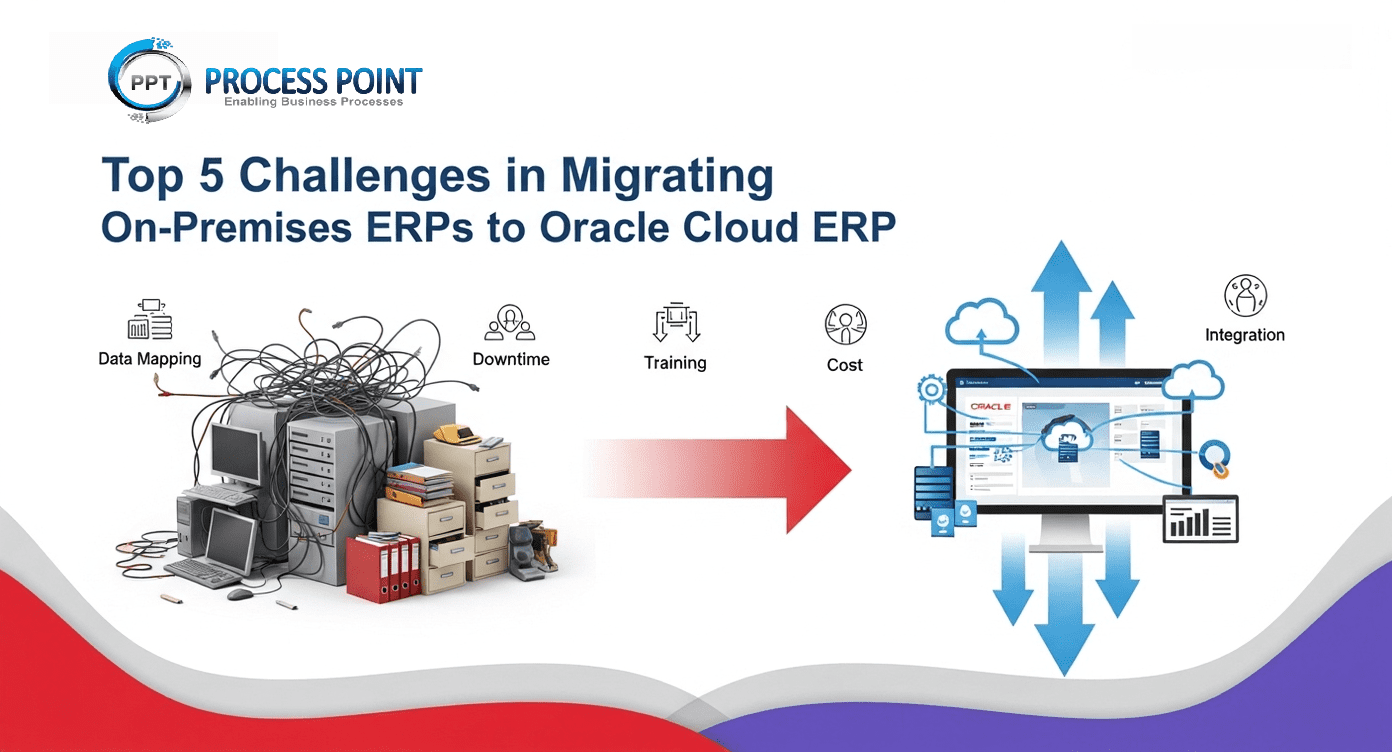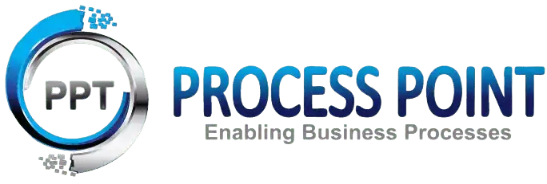From Legacy to Oracle EBS: How to Modernize Without Disrupting Operations
- Published on : June 2, 2025
Introduction
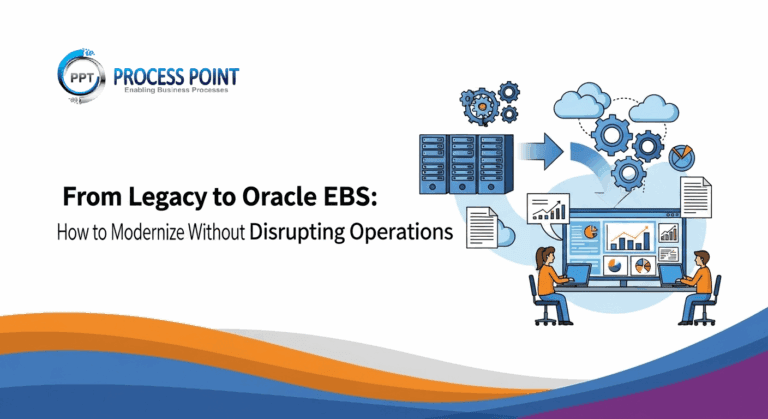
Many businesses continue to depend on legacy systems that were once reliable but now hinder growth, integration, and efficiency. Outdated software, isolated data, and manual processes create challenges in today’s fast-paced business environment.
Upgrading to a modern ERP solution like Oracle E-Business Suite (EBS) can provide a complete platform to manage finance, supply chain, HR, and other operations. However, transitioning from legacy systems must be done with care to avoid business disruptions.
This blog walks through how to modernize from legacy to Oracle EBS without affecting ongoing operations.
Why Move Away from Legacy Systems?
Legacy systems may seem stable, but over time they become a liability. Here’s why:
- Limited Integration: Old systems don’t connect well with new tools or cloud applications.
- High Maintenance: Vendors may no longer support outdated platforms, making fixes difficult.
- Manual Workflows: Lack of automation leads to delays, errors, and inefficiencies.
- Security Risks: Older software lacks modern protection and compliance capabilities.
Modern ERP systems like Oracle EBS solve these problems by offering centralized data, better automation, and support for future growth.
Benefits of Migrating to Oracle EBS
Transitioning to Oracle EBS offers long-term benefits that go beyond technology:
- Unified System: Manage multiple business functions on a single platform.
- Real-Time Data Access: Make quicker and more informed decisions.
- Improved Efficiency: Automate workflows and reduce manual processes.
- Stronger Compliance: Meet audit and regulatory standards more easily.
- Growth-Ready: Scale the system as your business expands.
Challenges You May Face
Migration can be complex. Common challenges include:
- Data Migration Risks: Transferring old data may involve cleanup or formatting issues.
- User Resistance: Teams may hesitate to leave familiar systems.
- Excessive Customization: Trying to replicate every legacy function may increase costs.
- Go-Live Disruption: If not planned well, operations can be affected during rollout.
These challenges can be avoided with good planning, testing, and training.
Phases of Oracle EBS Migration
Migrating from legacy systems to Oracle EBS typically follows these stages:
1. Planning and Assessment
- Understand current system limitations.
- Define goals, budget, and timeline.
- Involve key departments early.
2. Design and Configuration
- Map business processes to Oracle modules.
- Keep customizations minimal.
- Use built-in features where possible.
3. Data Migration
- Identify what data needs to move.
- Clean up inconsistent or outdated data.
- Test migration in a sandbox environment.
4. Integration and Testing
- Connect Oracle with other tools like CRM or payroll.
- Test all functions thoroughly.
- Validate results with end users.
5. Training and Change Management
- Train users according to roles.
- Address concerns early through regular communication.
- Provide guides or helpdesk support.
6. Go-Live and Support
- Choose a low-risk time for go-live.
- Monitor performance and resolve early issues quickly.
- Plan for ongoing updates and improvements.
Key Tips for a Smooth Transition
- Choose the Right Partner: Work with a team that knows Oracle EBS and understands your industry.
- Set Clear Milestones: Break the project into phases with clear deliverables.
- Focus on Core Needs: Implement only what’s necessary at first—expand later.
- Keep Communication Open: Regularly update teams on progress and changes.
How Process Point Can Help
At Process Point Technology, we help companies move from outdated systems to powerful ERP platforms like Oracle EBS. Our services include:
- Initial system assessment
- ERP selection and planning
- Data migration and system configuration
- Integration and user training
- Go-live support and ongoing maintenance
We understand how to modernize without disrupting your workflow. With hands-on guidance and real-world experience, we ensure your Oracle EBS journey is smooth, cost-effective, and aligned with your business needs.
Related Blogs
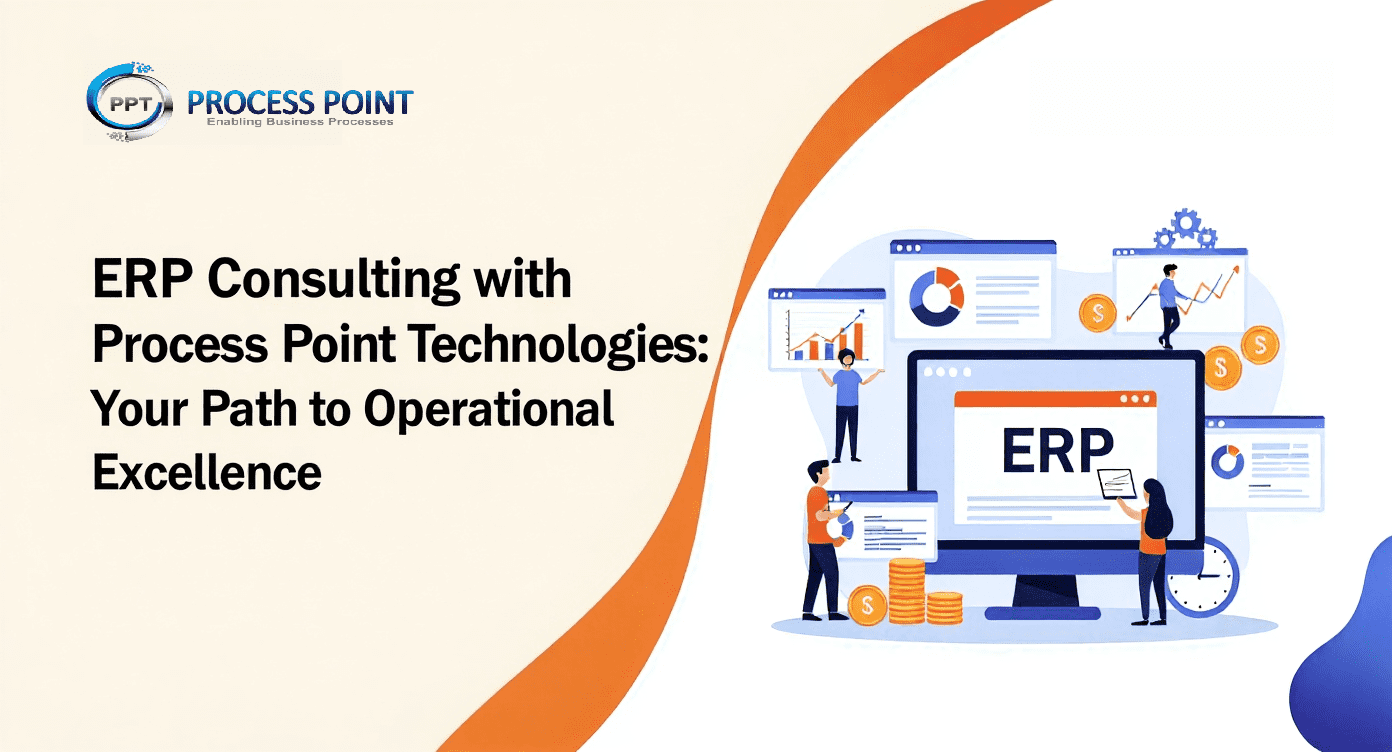
June 6, 2025
ERP Consulting with Process Point Technologies: Your Path to Operational Excellence
ERP consulting boosts efficiency and growth by guiding businesses in selecting and optimizing systems like Oracle, SAP, and Dynamics.
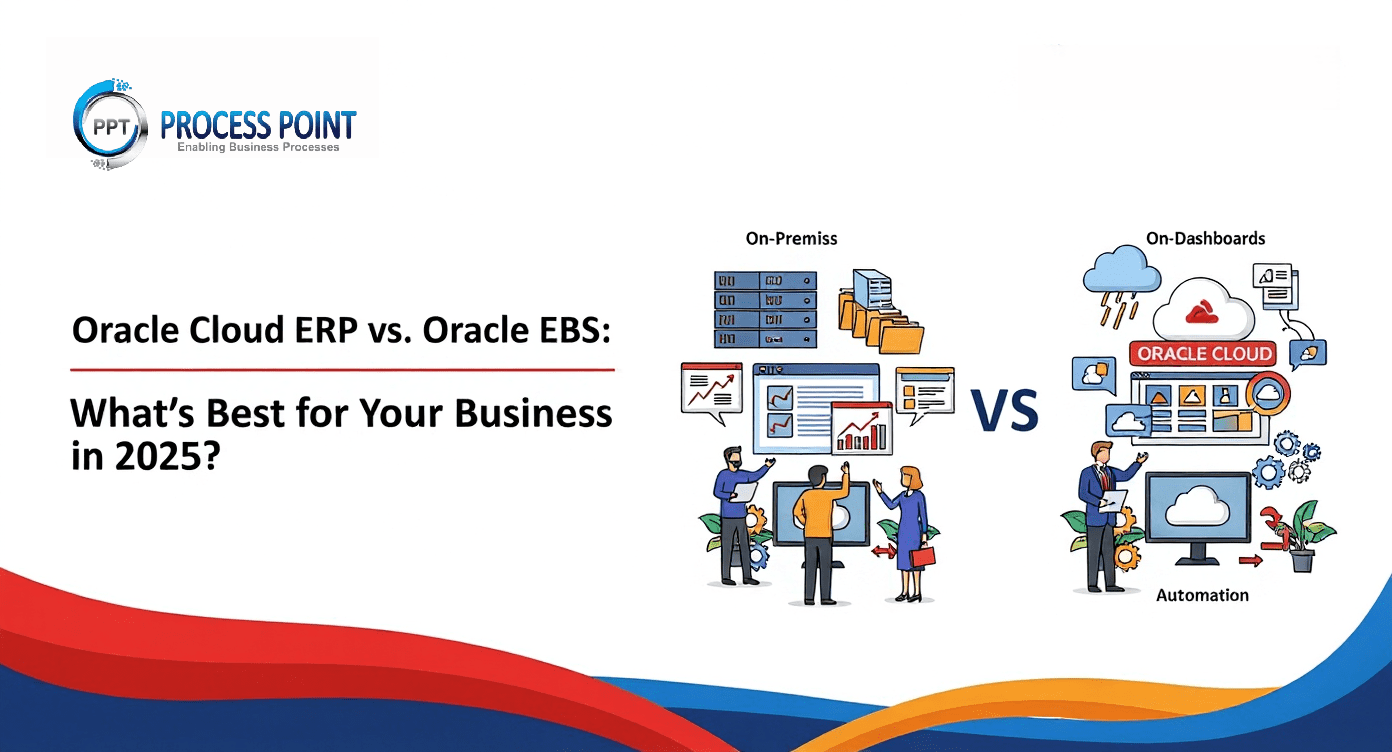
June 9, 2025
Oracle Cloud ERP vs. Oracle EBS: What’s Best for Your Business in 2025?
Compare Oracle Cloud ERP vs. E-Business Suite in 2025—explore differences in cost, scalability, security, and more for smart decisions.
